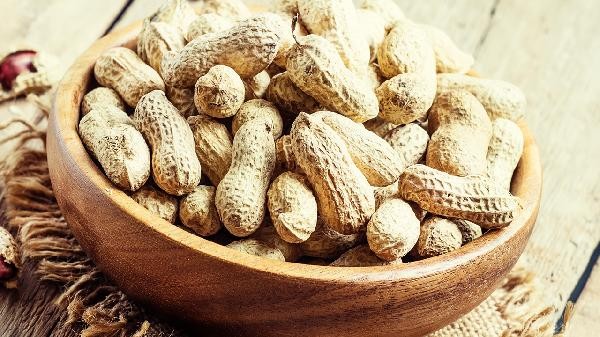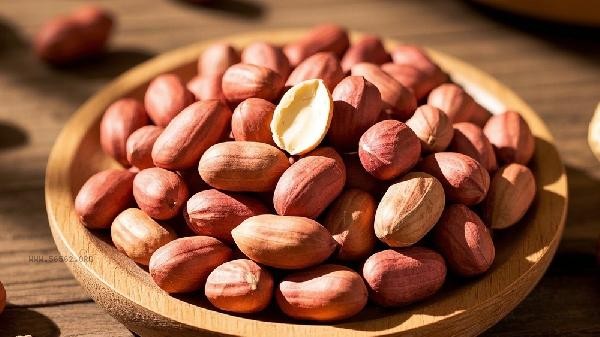Garlic flavored peanuts may contain food additives, depending on the production process and brand. Common additives include preservatives, flavoring agents, edible essence, etc. The content of garlic flavored peanut additives produced by regular manufacturers meets the national standards, and it is usually safe to eat them in a moderate amount. To extend the shelf life and enhance flavor, garlic flavored peanuts sold in the market may be added with preservatives such as sodium benzoate and potassium sorbate, as well as flavor enhancers such as monosodium glutamate and disodium 5-pentate. These additives are not harmful to health when used within food safety limits, but some sensitive individuals may experience gastrointestinal discomfort or allergic reactions. When making a purchase, pay attention to the ingredient list and avoid choosing products containing controversial additives such as saccharin sodium and synthetic pigments. Some handmade or small workshop produced garlic flavored peanuts may be seasoned with natural ingredients such as garlic powder and salt, and do not contain chemical additives. But these products have a short shelf life and improper storage can easily breed mold. Homemade garlic flavored peanuts can completely avoid additives. Baking fresh peanuts with minced garlic and olive oil at low temperatures can preserve nutrients and ensure safety.

It is recommended to limit the daily consumption of garlic flavored peanuts to one small handful to avoid excessive intake of salt and oil. Patients with hypertension and kidney disease should choose the low salt version, and those with allergies should be alert to allergic reactions caused by garlic or additives. When storing, it should be sealed and moisture-proof, and consumed as soon as possible after opening. If peanuts are found to have a rancid or moldy taste, they should be discarded immediately to avoid contamination with aflatoxin.










Comments (0)
Leave a Comment
No comments yet
Be the first to share your thoughts!